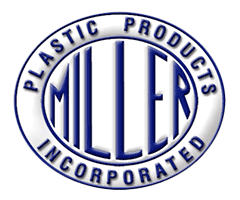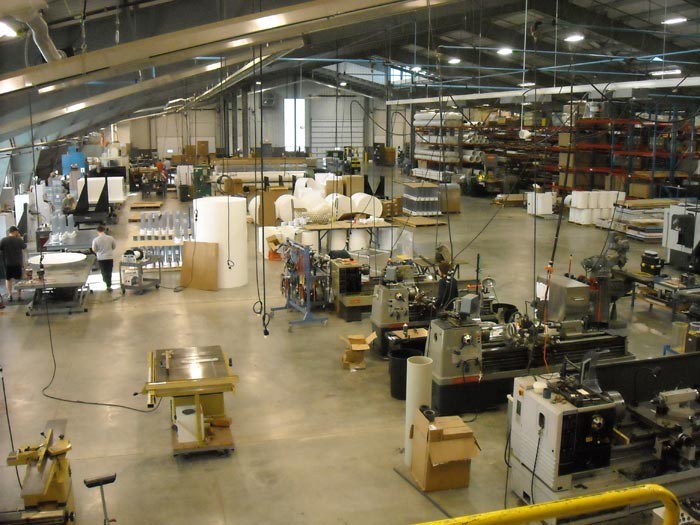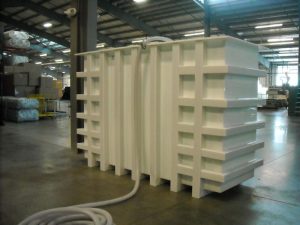By now, most of us have heard that American manufacturing is coming back, and that innovation and technology are driving the industry ahead. However, we’re also hearing about the negative and very real prospect of a skilled labor shortage. Current numbers show there is already a shortage, and it’s only expected to grow.
According to ThomasNet’s 2013 Industry Market Barometer, “75% of respondents say that Gen Y (18-32 years old) employees make up just 25% of their workforces or less,” while “Seventy-eight percent of respondents describe themselves as 45 -65 years of age and of these more than a third are 55-65.”* As those older workers face retirement, what will happen to the manufacturing workforce?
According to this article on the subject, calling it a “race against the clock,” one of the reasons manufacturing is not attracting younger generations is the misconception that the industry is antiquated and “old-school” in its use of technology; however, anyone in the industry knows that in actuality, today’s manufacturing uses the latest innovation, IT, automation, and more. This is, in fact, the driving force behind American manufacturing’s comeback.
So obviously, there is a disconnect, and the industry needs to be proactive in attracting and recruiting Generation Y. But how do we do that?
First, we must change the image of manufacturing and reach out to the younger generation, showing them that the industry is, indeed, exciting and technologically advanced. In the aforementioned article, an industry expert suggests that “Manufacturing needs a brand makeover… [Manufacturers need to] portray it for what it is — a hotbed of innovation — and show examples of companies that are doing cutting-edge projects and are hiring.”
This means internships, outreach, and guerilla marketing—getting to young people early and showing them the attractiveness of manufacturing. Another way is through social media—as we all know this is the definitive means of communication for young people today—and reaching them through the various social media outlets.
As manufacturers know the value and excitement of what we do, it’s our job to get this across to future generations. If we are aggressive and proactive about it, we can help reverse the labor shortage and protect this industry we’ve worked so hard to rebuild.




